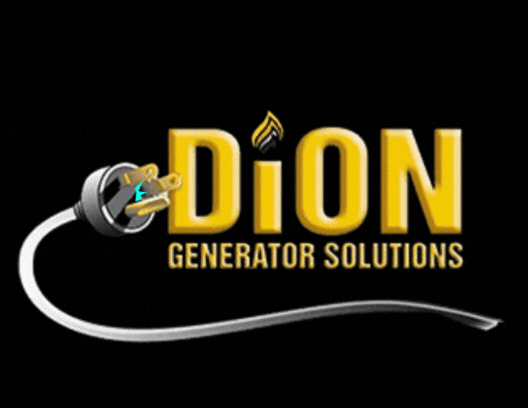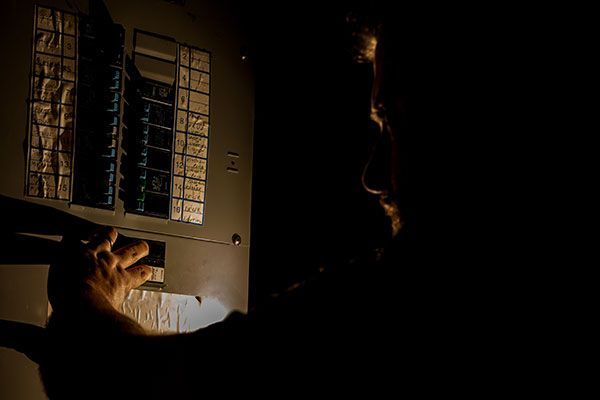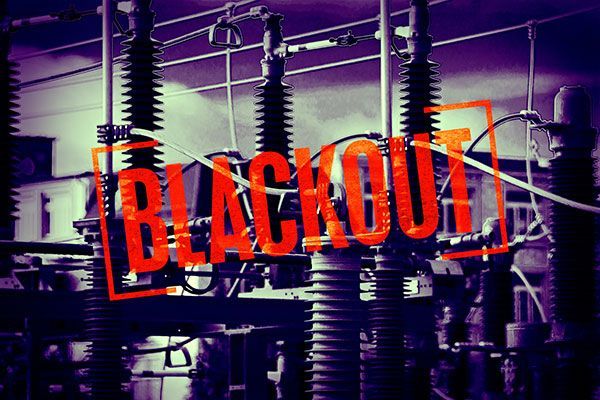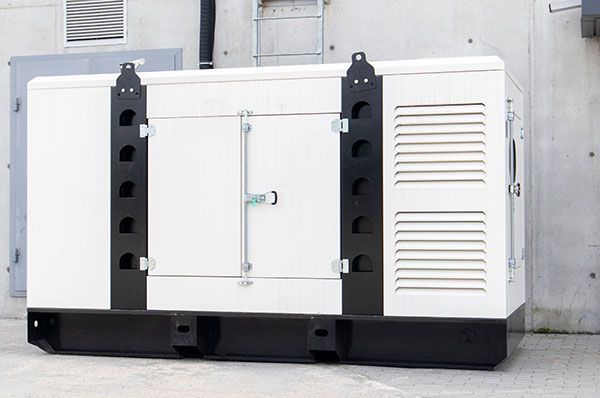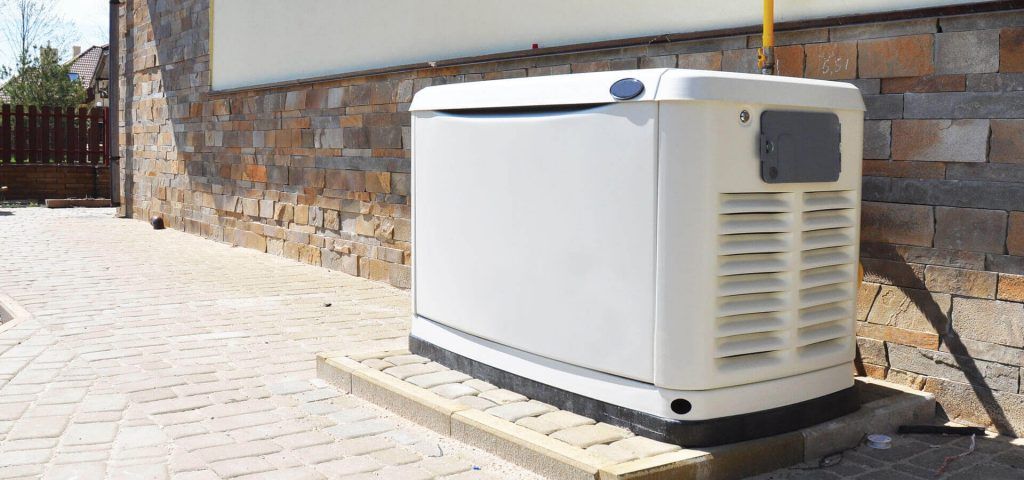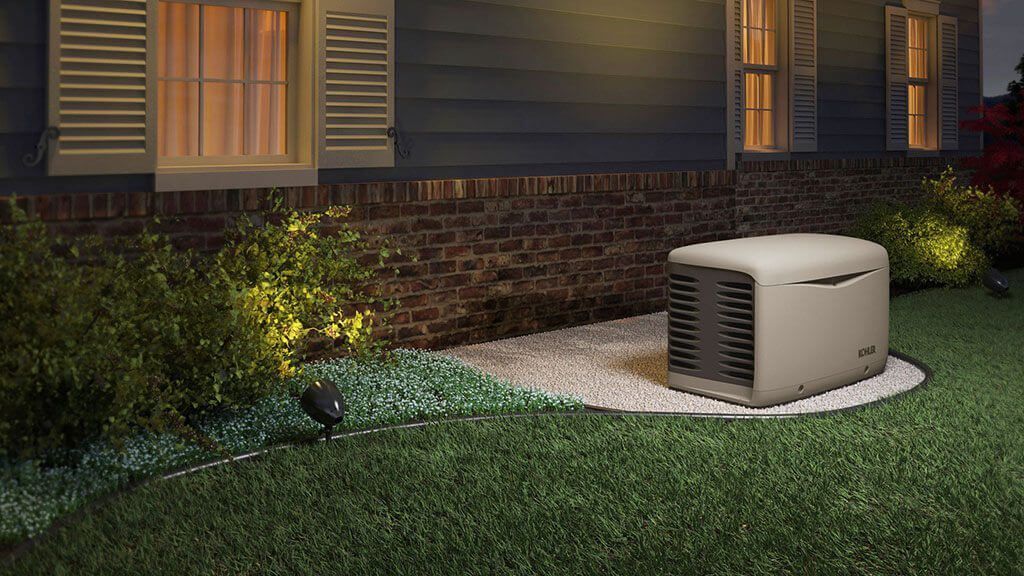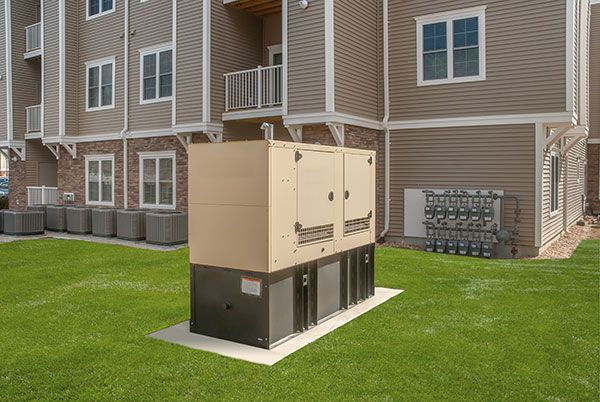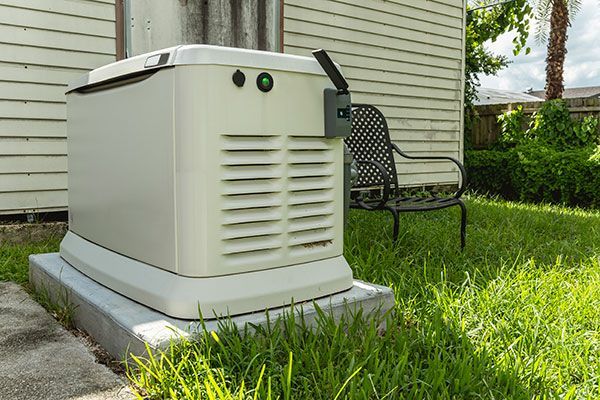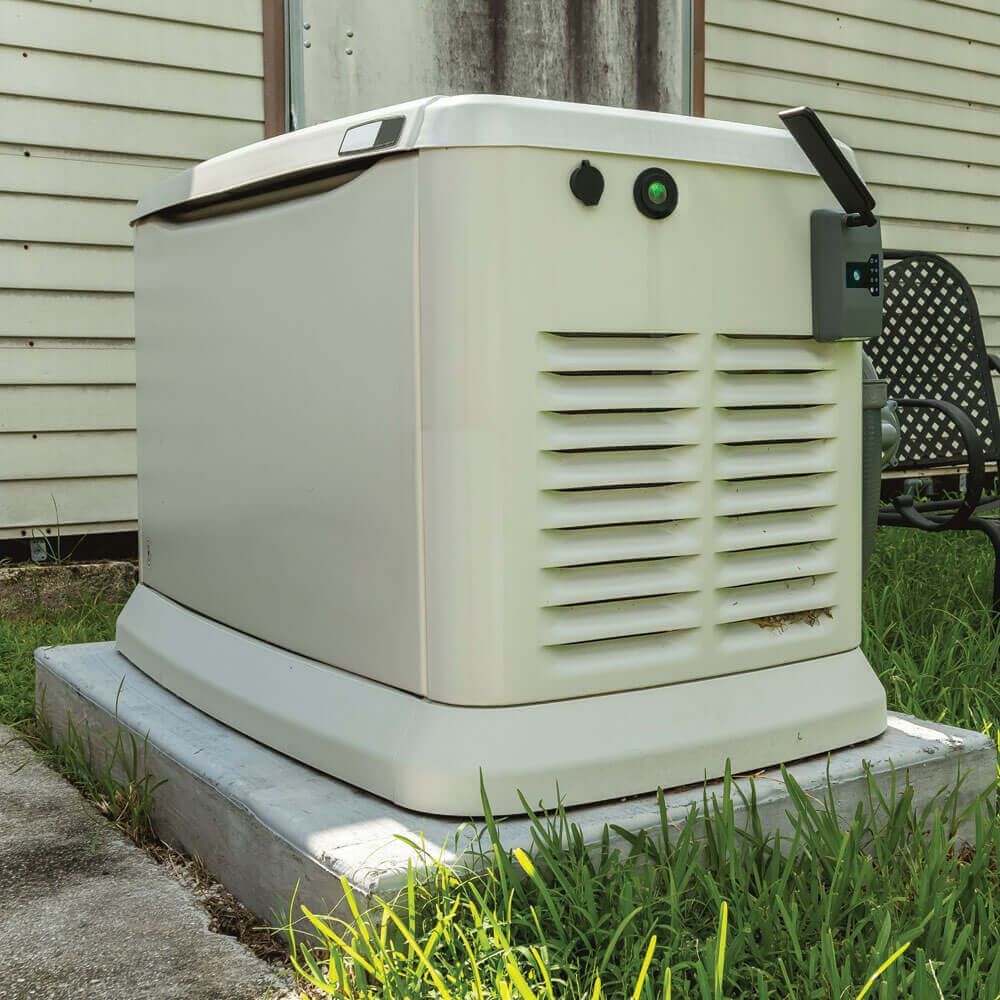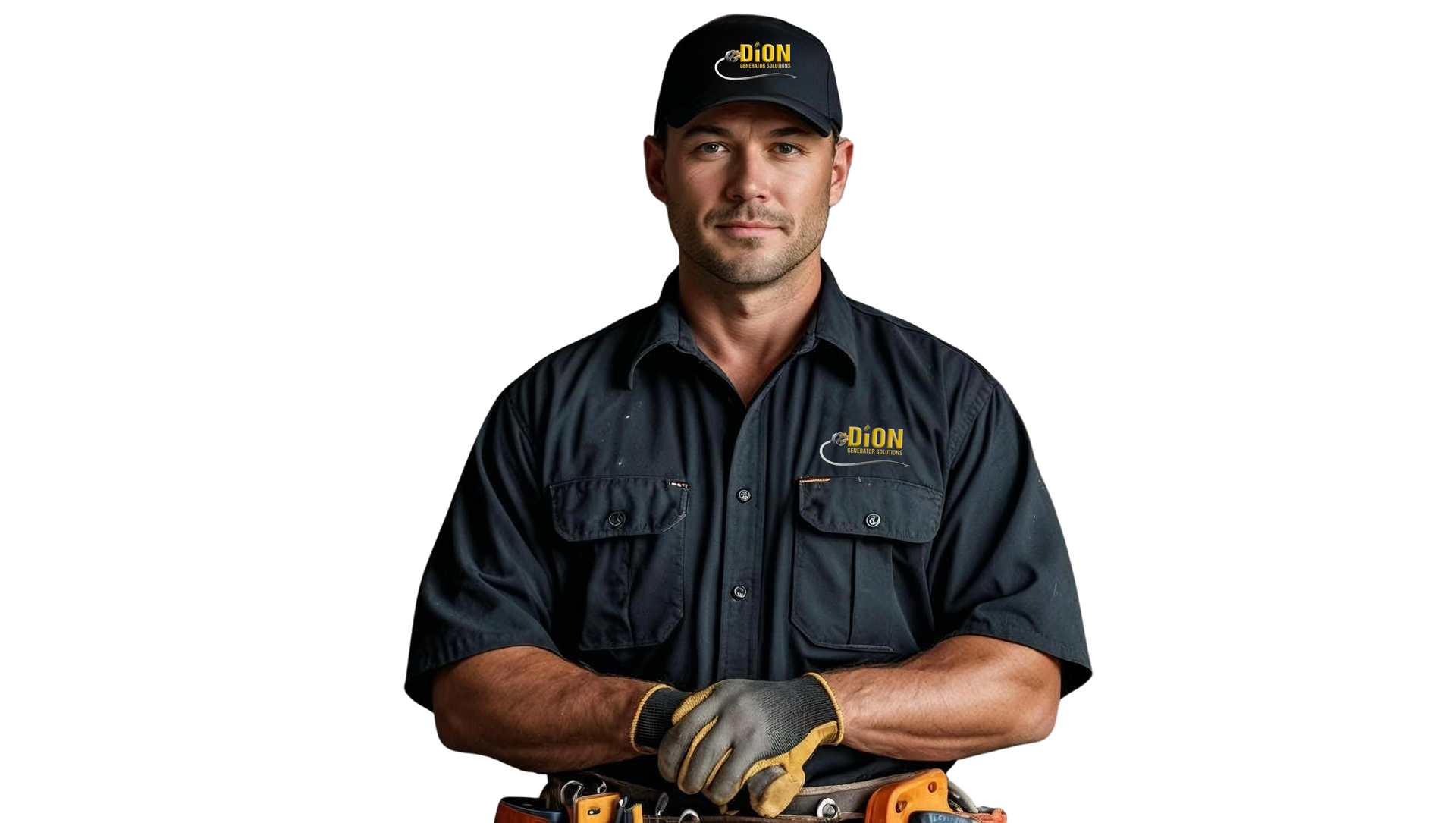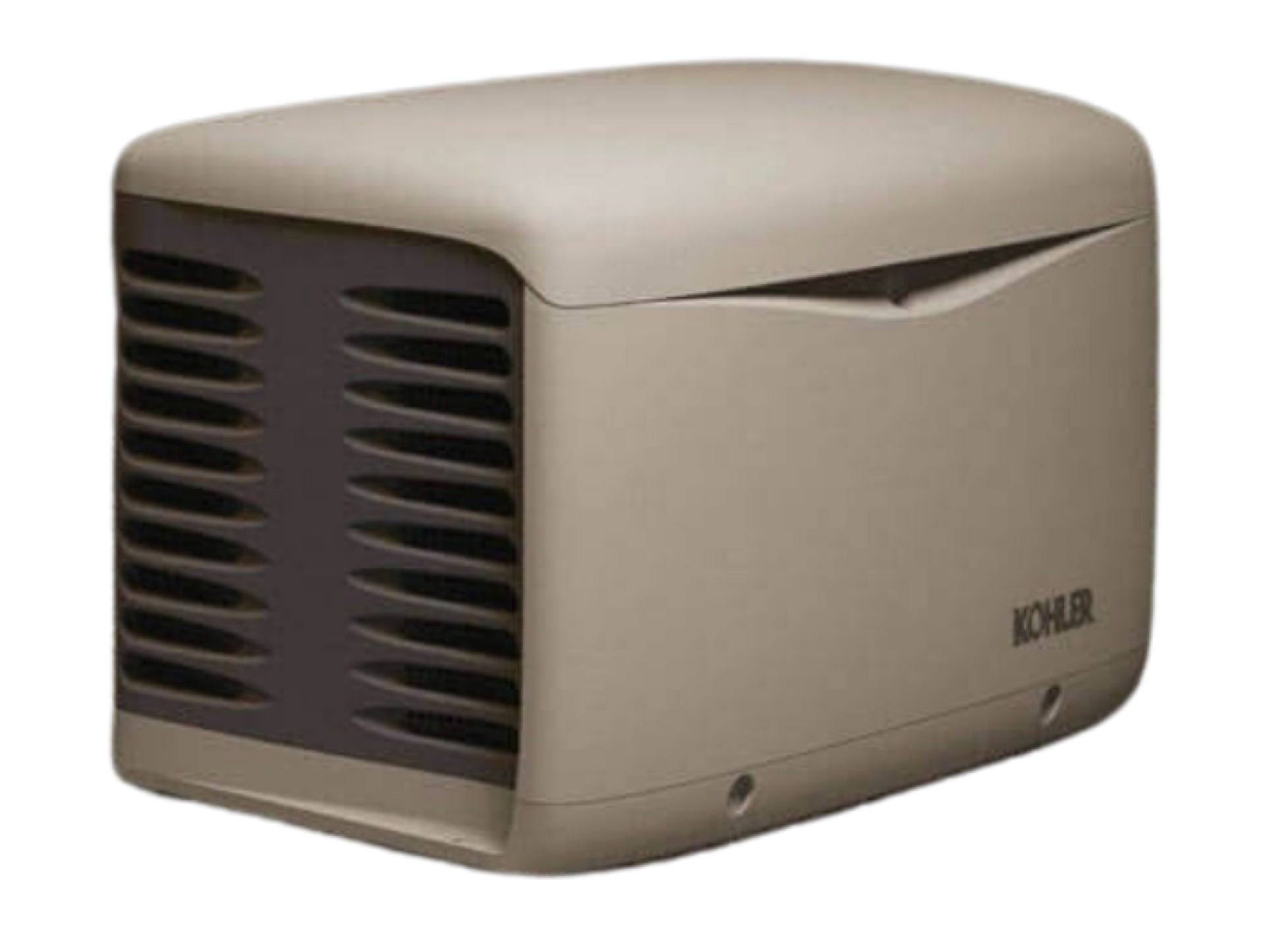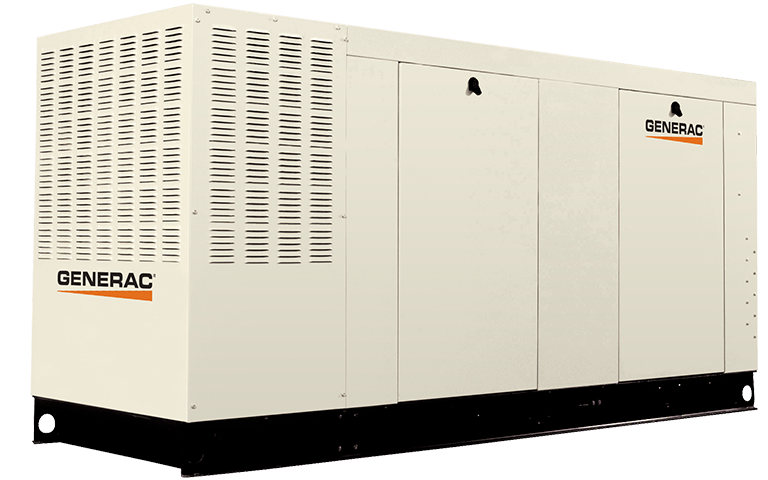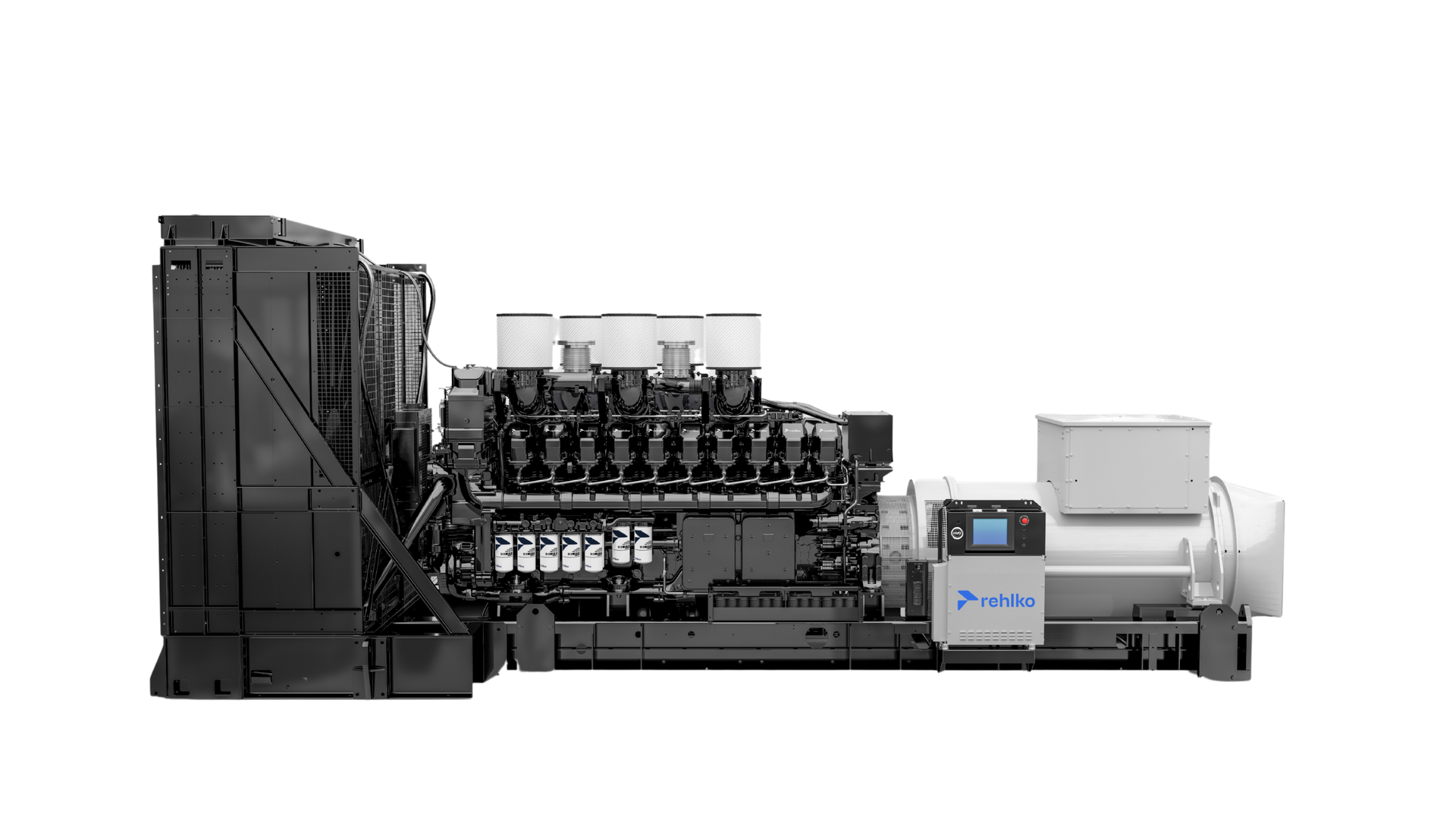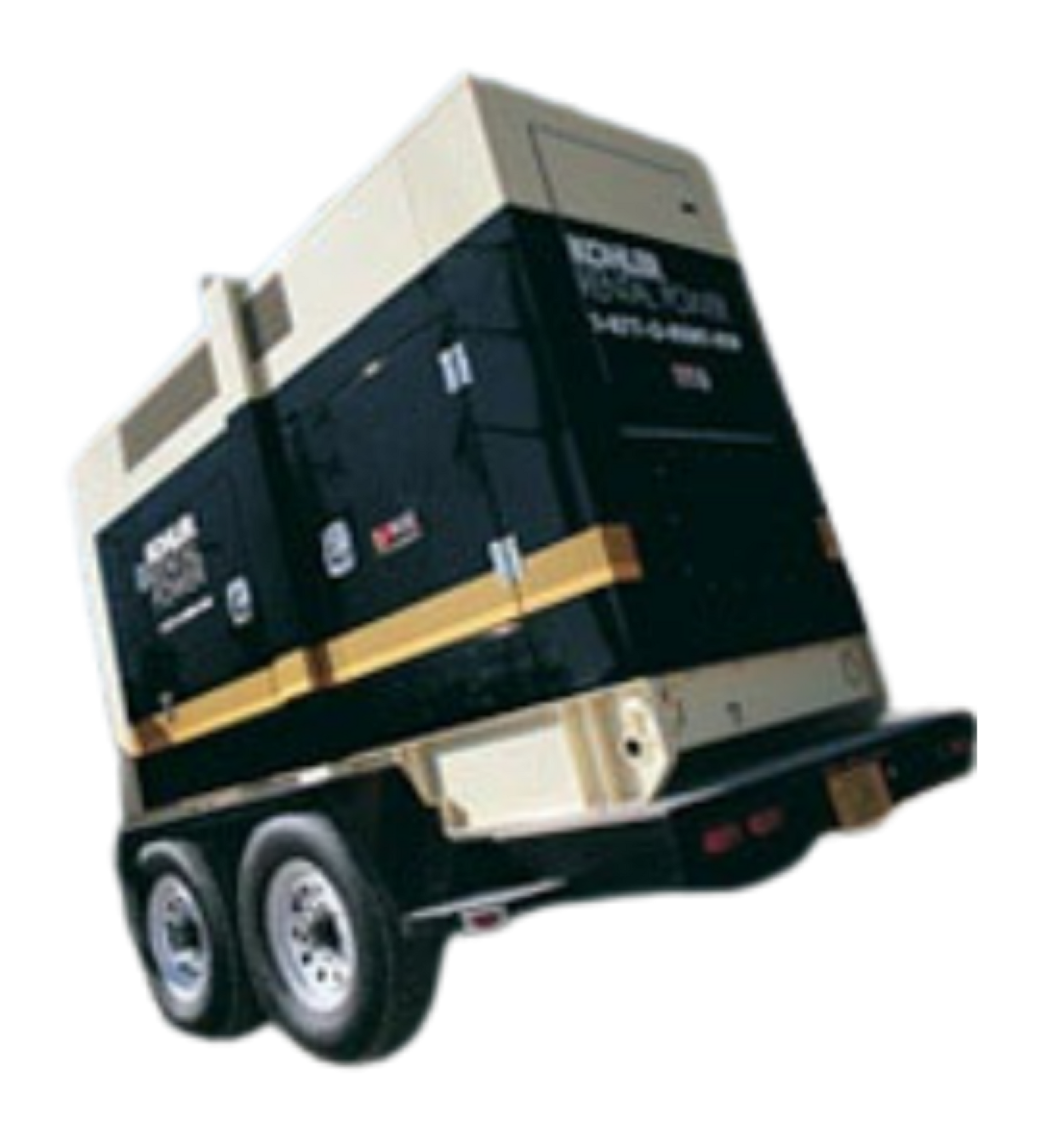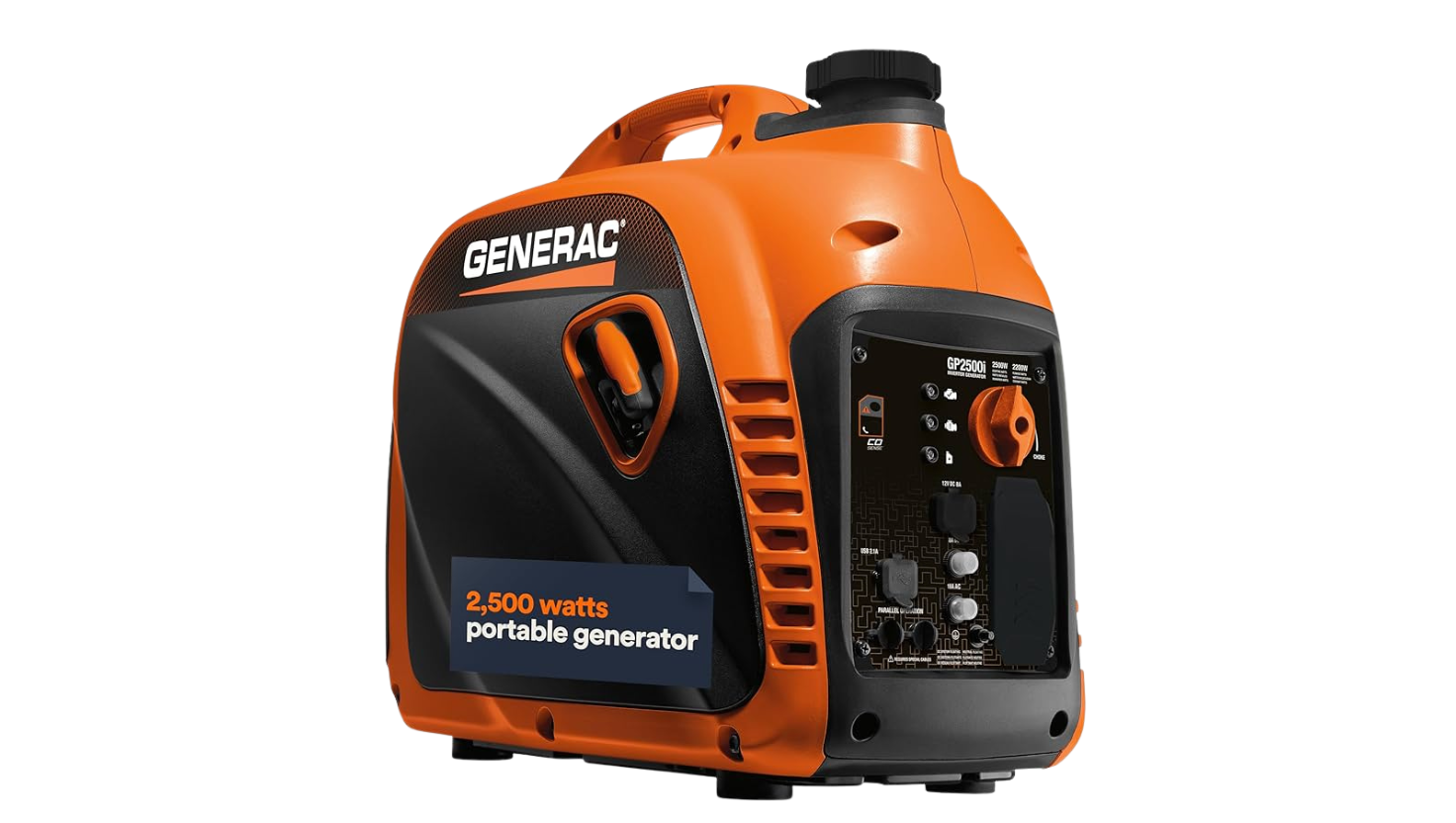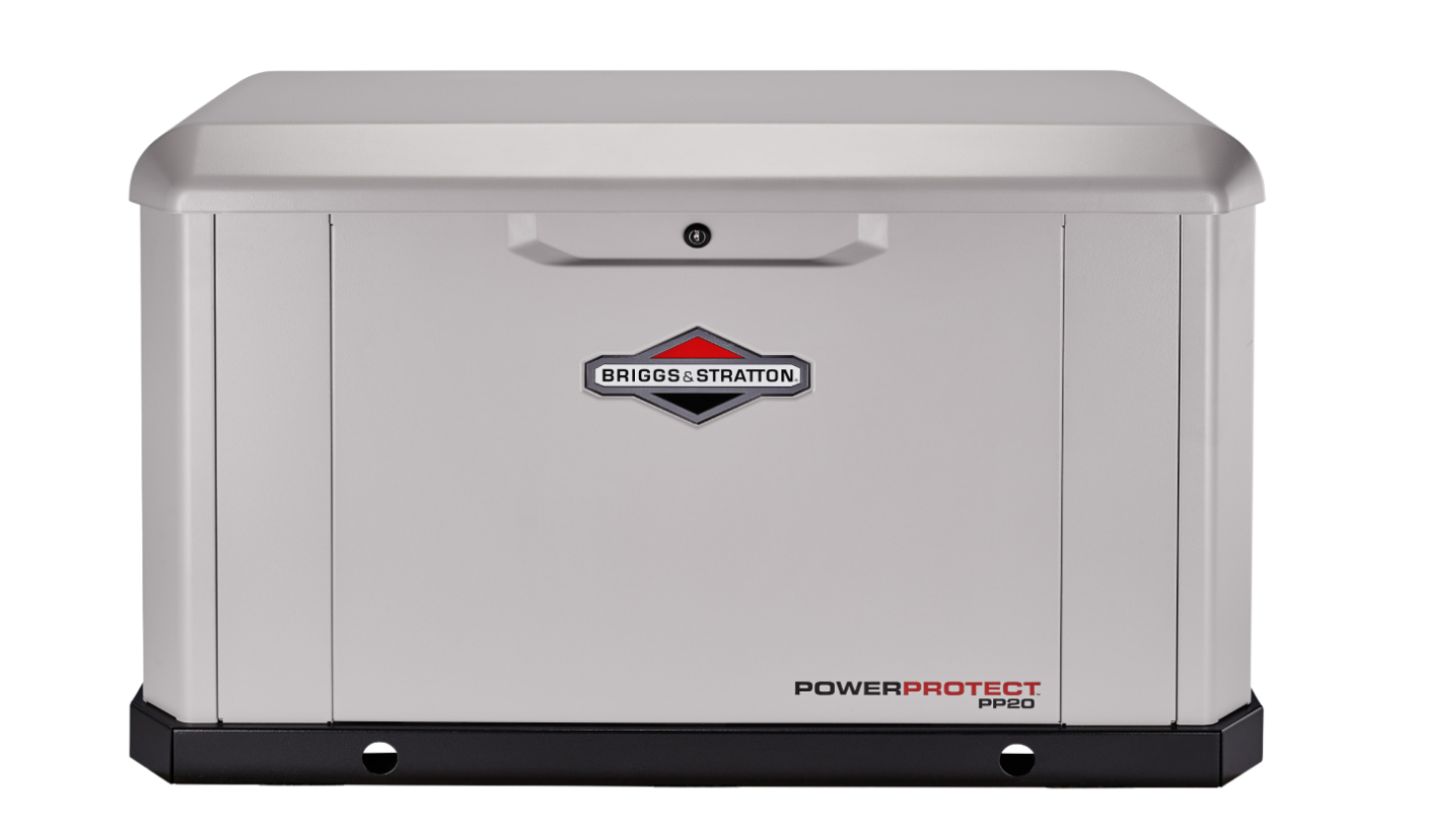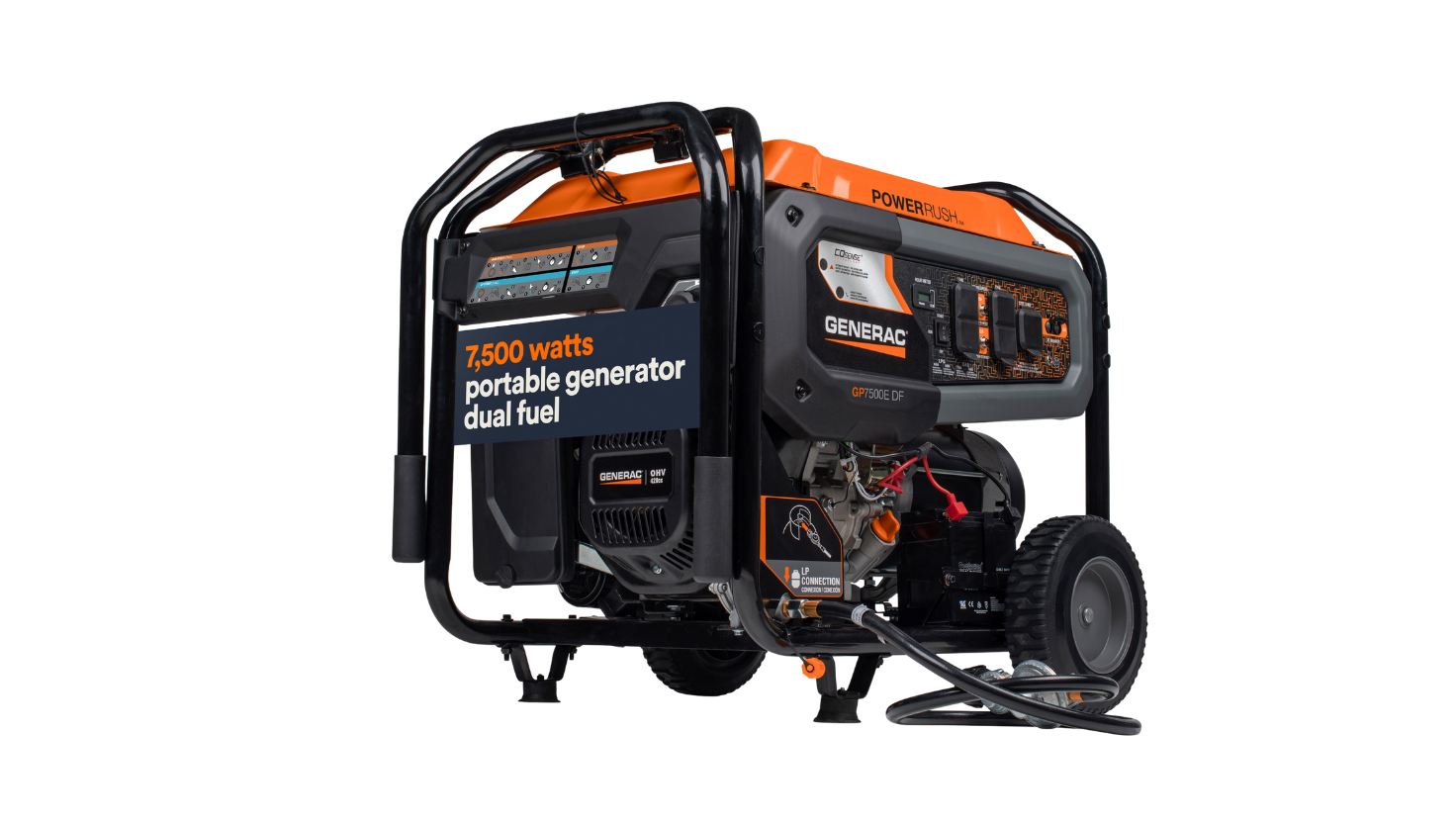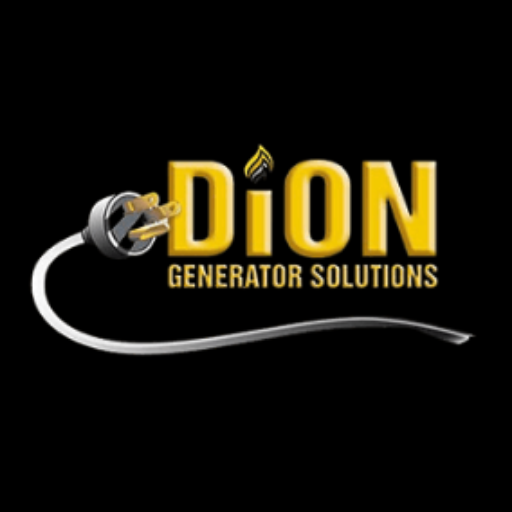Electrical Panel Upgrades: When and Why You Need Them
Your electrical panel is the central hub of your electrical system, controlling and distributing electricity throughout your property. It also has critical safety features like breakers that shut off power if there’s too much current.
As your building ages and its electrical demands increase, your panel, especially if it’s old, may become inadequate. This limits your power availability (good luck trying to run a microwave and a hairdryer at the same time). If you lack the appropriate amperage for your needs, an upgrade is in order.
At Dion Generator Solutions, we know that the key indicators signaling the need for an electrical upgrade aren’t always obvious. In this blog, we’ll explore what to look for and what the upgrade process involves.
How Does an Electrical Panel Work?
Your electrical panel is the central distribution point for electricity in your building. Like a traffic cop, it directs the flow of electricity it receives from the utility company, keeping things running smoothly and occasionally tripping a breaker when things get too hectic.
Your panel contains a main breaker that controls the overall power supply and individual circuit breakers that protect specific circuits from overloads.
Here are a few other key components of the system:
- Busbars: These are conductive metal bars that carry electricity from the main breaker to the individual circuit breakers.
- Neutral bus: This is a separate busbar that carries the neutral current back to the electrical source.
- Ground bus: This is the connection point for the grounding system, providing a safe path for electrical current in case of fault.
Your panel has a specific amperage rating that specifies the maximum amount of current it can safely handle, which directly influences the number and size of circuits it can support.
Electrical Diagnosis for Panel Issues
Many different types of potential issues can arise with your panel, some of which are repairable and others that indicate the need for an upgrade. Common issues include faulty circuit breakers, overloaded circuits, ground faults, and panel capacity issues.
Here are a few ways of diagnosing panel issues:
- Visual inspection: Checking for signs of damage, such as burnt wires, rust, or loose connections, to identify any immediate hazards.
- Electrical load analysis: Measuring the total amperage being used against your panel’s rated capacity to ensure it can handle current demands.
- Advanced diagnostic tools: Using thermal imaging to spot overheating components and multimeters to assess voltage levels and detect irregularities.
Benefits of Upgrading Your Electrical System Panel
Aside from addressing any urgent repairs or hazards, is there any other reason to upgrade your electrical panel? Well, modern living demands a lot more power, which means your old panel might struggle to keep up.
For example, if you eventually want to install electric vehicle charging stations, solar panels, or a hot tub, you’ll likely need a panel with a higher amperage rating to handle the increased load.
Whatever your reasons for pursuing one, here are the benefits of upgrading your electrical system:
- Reduces the risk of electrical fires and circuit overloads
- Supports additional appliances and modern electronics
- Minimizes power outages and electrical faults
- Reduces energy waste and lowers utility bills
- Ensures your electrical system meets current safety standards
- Prepares your building for future electrical needs and technologies
When Is the Right Time to Upgrade Your Power Hub?
The best time to upgrade your power hub is often when you notice signs of trouble or when planning significant renovations or expansions. If you notice frequent breaker trips, flickering lights, or a burning smell emanating from your panel, it probably needs a replacement.
Proactive upgrades can also be beneficial. If your building is older than 40 years, the electrical panel is probably too old and outdated to be able to handle your electrical loads effectively. This is often the case when older panels, such as fuse boxes, are still in use or when your panel’s amperage is below standard.
The Home Electrical Panel Upgrade Process
Determining the appropriate panel size and configuration for your home starts with an assessment. Key considerations for this initial phase include the number of circuits, the amperage requirements of your appliances, and future electrical demands.
Calculating the electrical load also ensures your panel has the correct amperage rating to accommodate current and potential needs. The distribution of your electrical outlets and your building’s layout will also determine your panel’s configuration for efficient power delivery.
Here are the other steps in the process that follow:
- Power disconnection: Your utility company will need to disconnect the electrical service to your home for the duration of the upgrade.
- Panel removal: Carefully remove your old electrical panel and disconnect the wiring.
- Installation: Install your new electrical panel in place of the old one.
- Wiring: Connect your electrical wires to your new panel’s circuit breakers.
- Grounding: Inspect your grounding system and upgrade if necessary to meet current safety requirements.
Exploring Different Types of Electrical Panels
While there aren’t distinct “types” of main breaker panels—the most common type of electrical panel— the key differences lie in their amperage rating and the types of circuit breakers they accommodate.
Here are two key considerations:
High-Capacity Main Panels
High-capacity main panels can handle significantly larger electrical loads than standard residential panels. They typically have amperage ratings of 300 amps or higher and sometimes up to 400 amps. They’re ideal for homes with extensive electrical needs, such as those with electrical heating systems.
Subpanels for Specialized Applications
Subpanels are typically fed from a main panel and provide a dedicated power source for applications like electrical vehicle charging stations or outdoor lighting systems. By isolating these loads, subpanels prevent overloading your main panel and can improve overall efficiency.
Book Your Electrical Upgrade Today
An electrical upgrade can help you meet modern power demands and enhance your safety. When you work with Dion Generator Solutions, we ensure an efficient upgrade process that fits your current and future needs.
If you’re wondering if an upgrade is feasible or if safety issues are a concern, give us a call at (305) 450-8787. We’ll perform an inspection to identify your system requirements.
